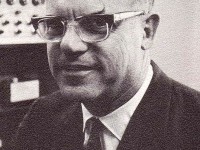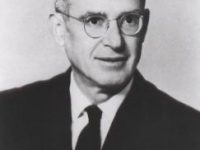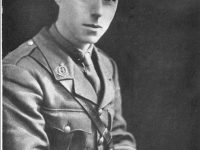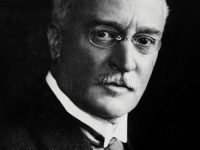Melanie Klein and the Psychoanalysis of Children
On March 30, 1882, Austrian–British psychoanalyst Melanie Reizes Klein was born. Klein is known for her work with young children, in which observations of free play provided insights into the child‘s unconscious fantasy life, enabling her to psychoanalyze children as young as two or three years of age. She was a leading innovator in object relations theory. “Feelings of love and gratitude arise directly and spontaneously in the baby in response to…
Read more











